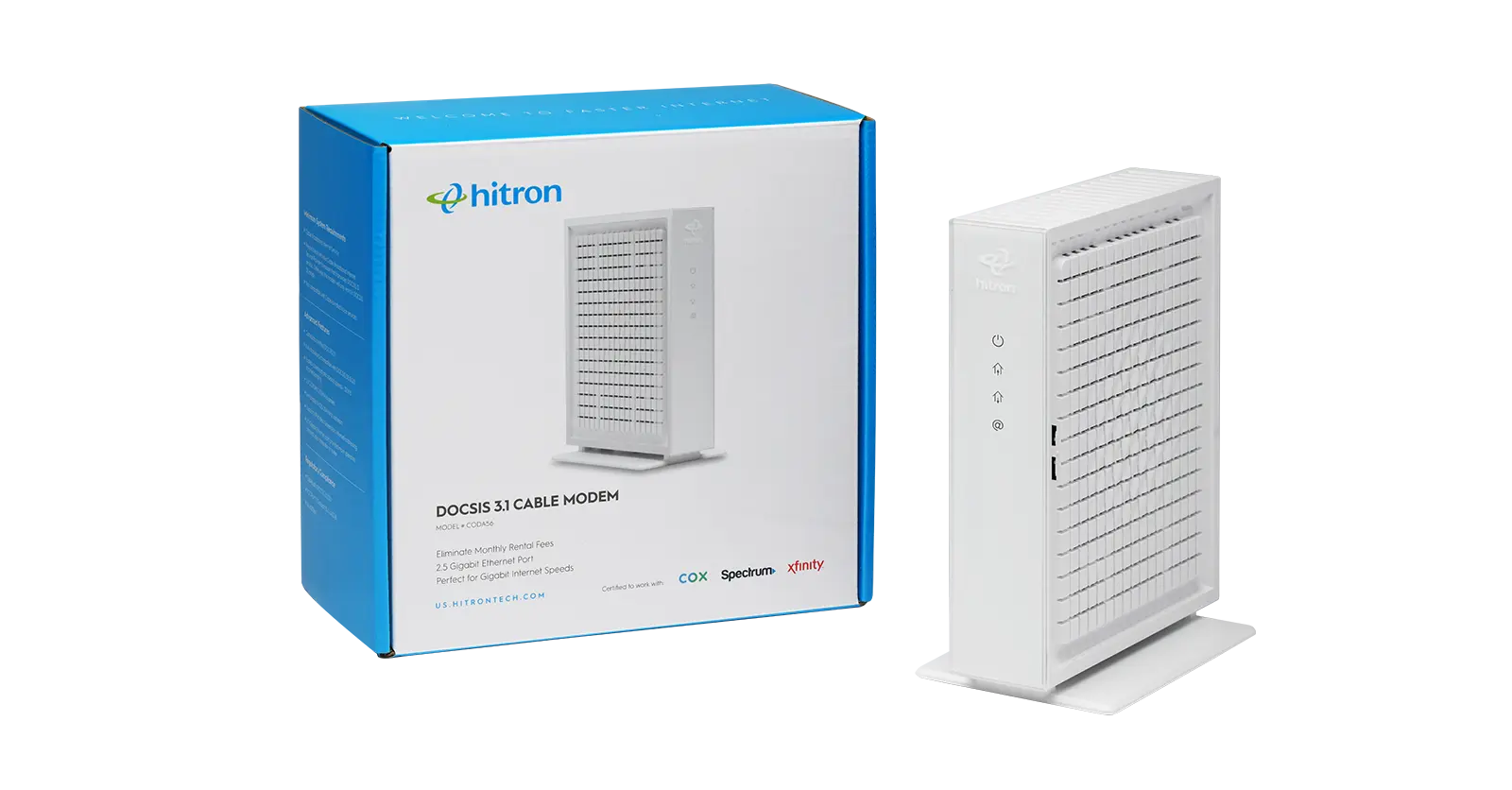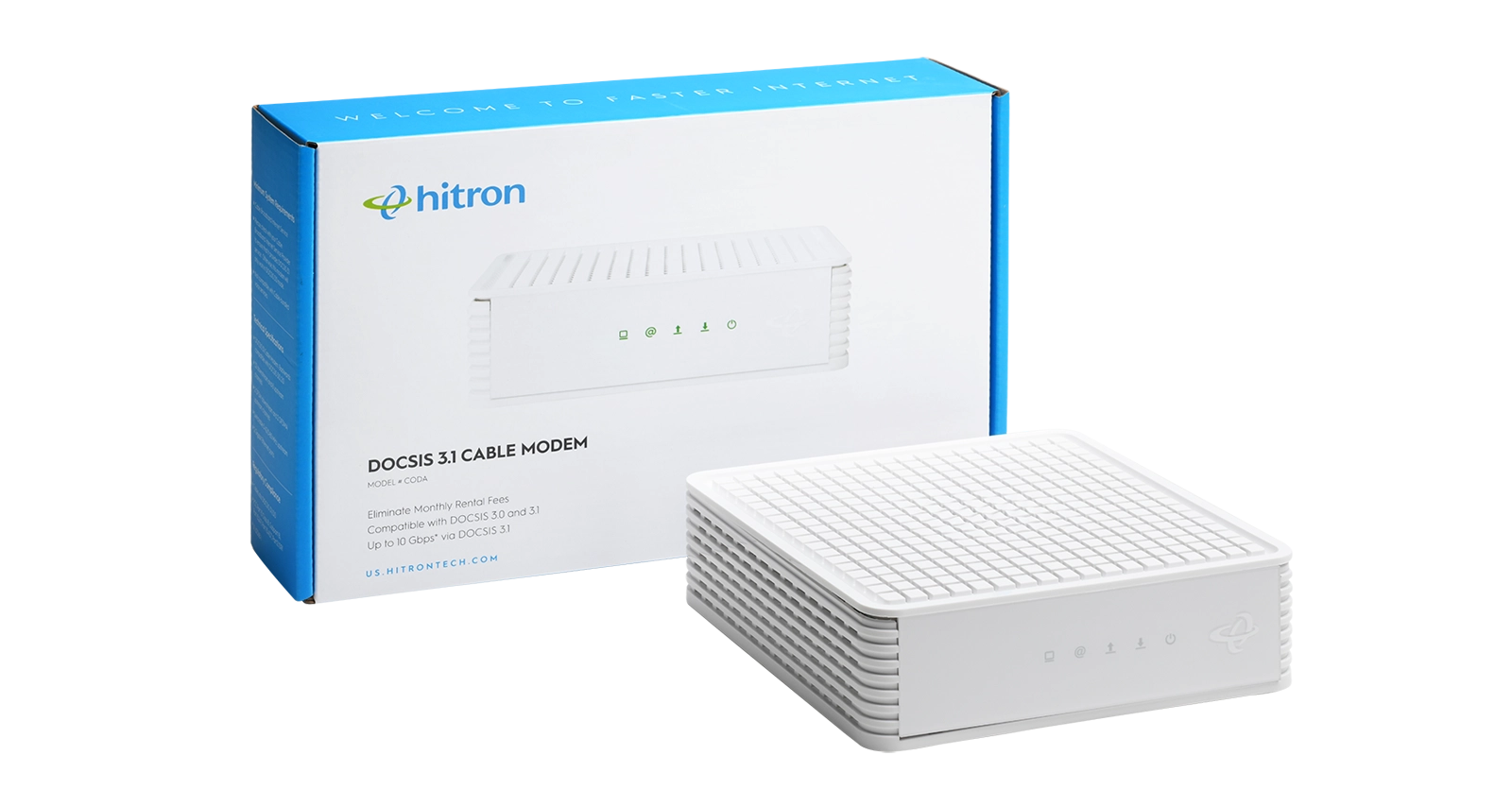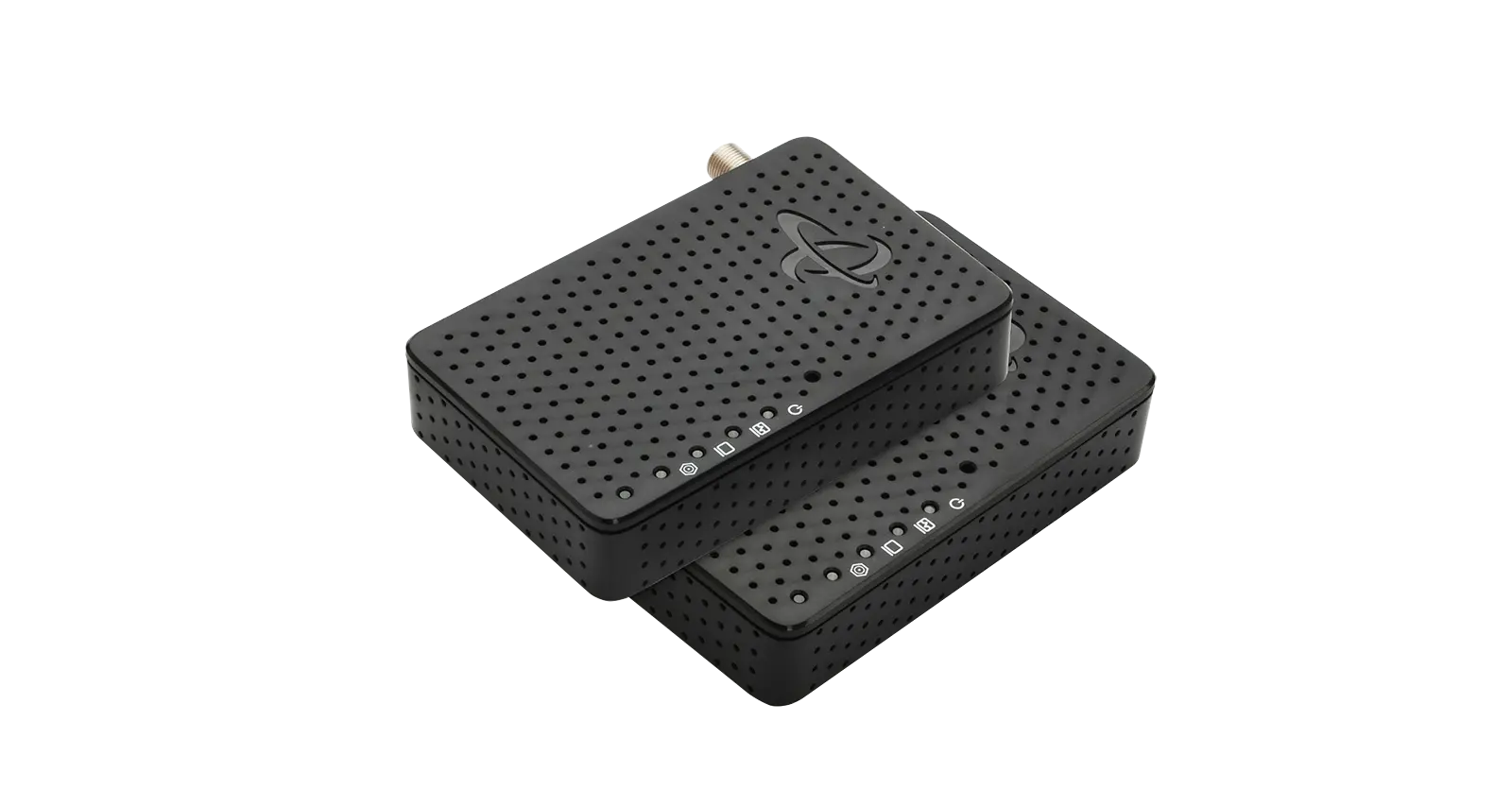Network channels, or WiFi channels, are the medium through which your wireless Internet network sends and receives data. Having more channels can help speed up your Internet connection. Depending on what kind of router that you have will determine the number of WiFi channels that you have and are able to use. Most routers operate in the 2.4 GHz frequency with 11 channels and can benefit by switching to the 5 GHz frequency which has 45 channels.
Having 11 different channels may seem like enough, however there is something to keep in mind. Only three of the 11 channels can work simultaneously without overlapping or interfering with one another. Those channels are 1, 6, and 11. So, really you have three channels to work with on the 2.4 GHz frequency, which isn’t much. That is why switching the 5 GHz with 45 channels may be a better option.
Why do WiFi network channels matter?
WiFi channels matter because they alleviate the possibility for slow Internet. Channel interference is a big reach for slow Internet connections. Often times, the interference comes from being on the same channels as all of your neighbors.
Think of network channels like a highway. If too many cars are trying to use the same one or two lanes there will be a traffic jam. The same thing goes for your router trying to send and receive data on the same channel.
Most modem WiFi routers broadcast data using the 2.4 GHz and 5 GHz frequency bands. By default, your router probably uses the same 2.4 GHz channel. You can switch to the 5 GHz channel to open up the flow. Or you can find another unoccupied channel so that you are not using the same channels for all of your devices or as all of your neighbors. Too much happening on one channel slows down your WiFi signal. That’s why it’s important to explore other network channels.
How network channels affect your WiFi
Choosing the best WiFi channel can improve your WiFi coverage and performance. If you discover that there is a lot of congestion on your particular network channel, then you should pick a new channel to boost your speeds.
Most modern routers automatically choose a channel for the devices on your network. However, this may not always be the best one. Selecting the best channel yourself, like on the 5 GHz band, can help improve WiFi speeds and avoid interference and overlap.
For more information on cable modem router WiFi channels, check out this article. You can get more information on upstream and downstream channels in this article.
Learn more about enhancing your WiFi network by check out Hitron’s Learn Page and blog where we cover topics about WiFi Boosters, Cable Modem Routers and Ethernet over Coax (MoCA).


